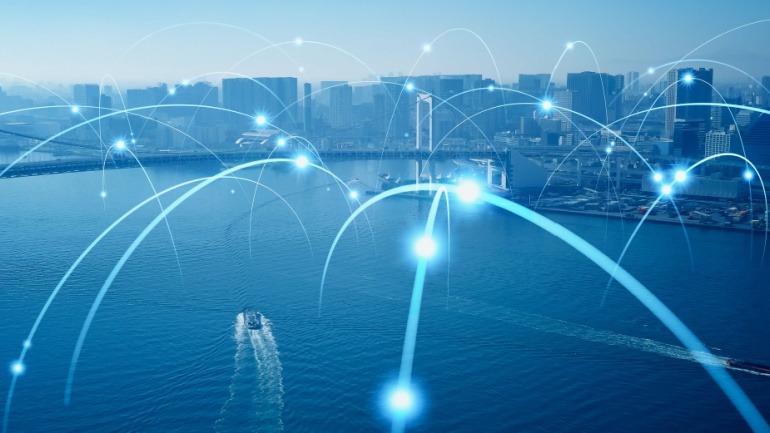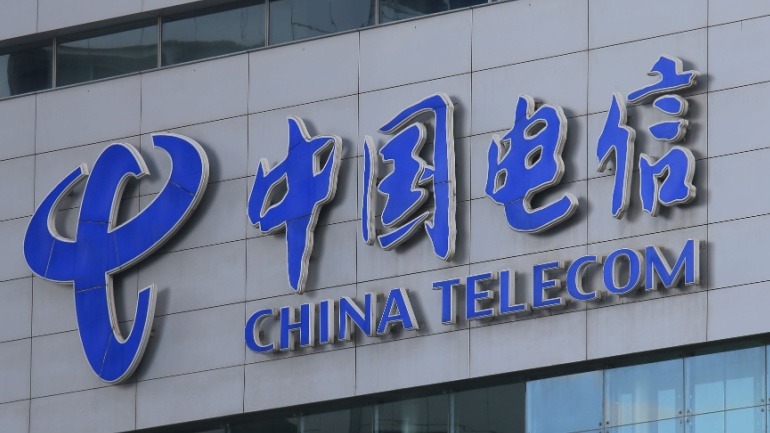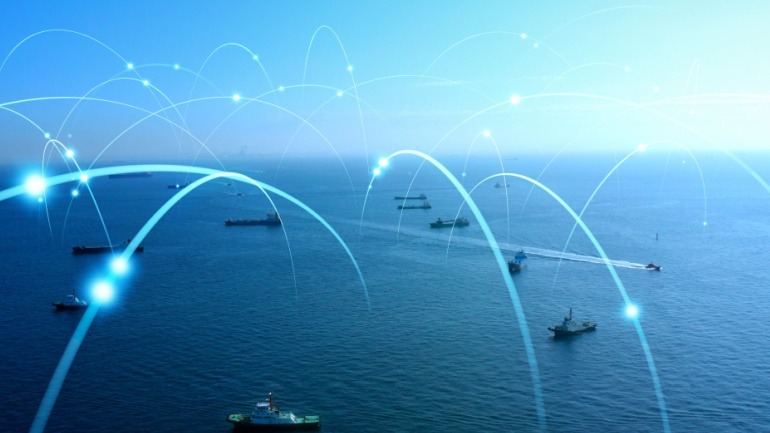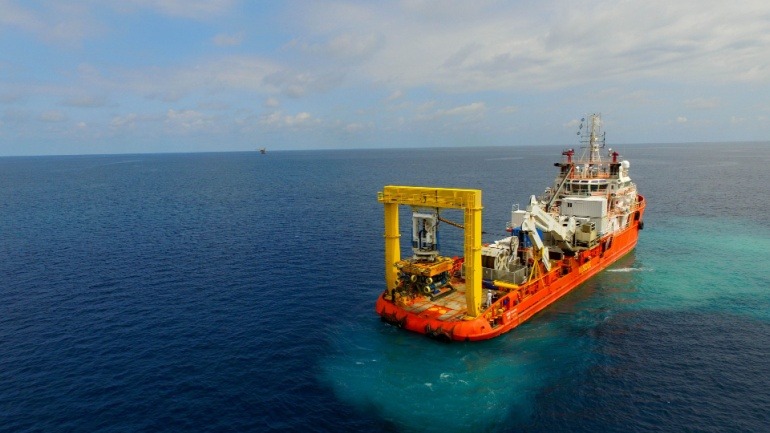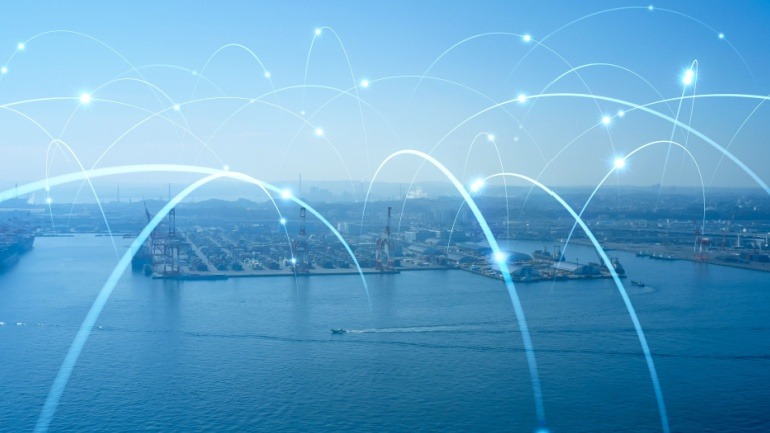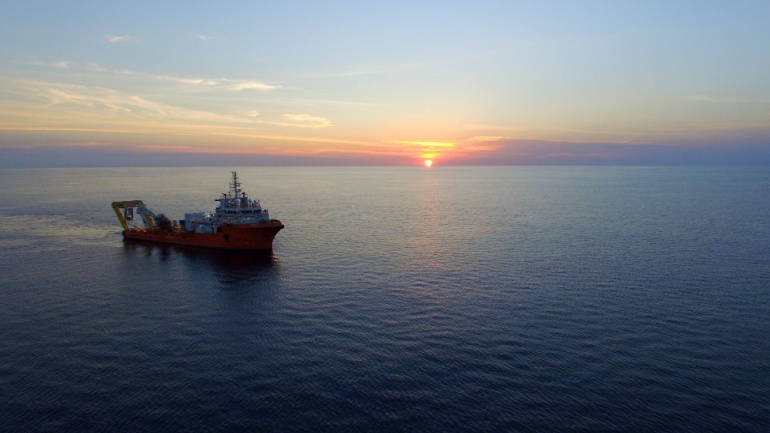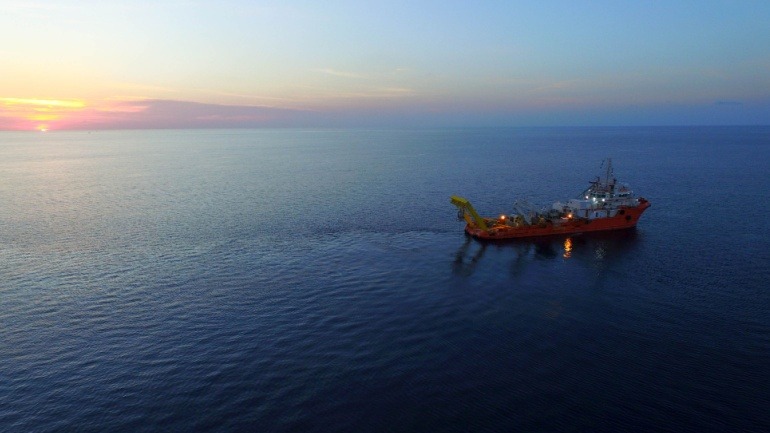Meta’s Project Waterworth sets a new benchmark in subsea cable infrastructure, aiming to enhance global connectivity through over 50,000 kilometers of cables. This groundbreaking effort will streamline voip services across continents, crucial for sustaining global communication.
China Telecom announced the early completion of the 10,000-km Asia Direct Cable (ADC), the first new submarine link in the Asia-Pacific in over eight years. Developed by a consortium, ADC delivers over 160 Tbps capacity, easing congestion and enhancing cloud and data services.
Ooredoo, in partnership with Alcatel Submarine Networks, has launched the GCC’s largest submarine cable, connecting seven Middle Eastern countries. With up to 720Tbps capacity and 24 fiber pairs, this high-speed infrastructure enhances regional connectivity, supports AI and telecom growth.
The backbone of the internet relies heavily on submarine cables, responsible for around 99% of global data transmission. As the threats to these pivotal cables mount, the UK’s Joint Committee on the National Security Strategy has initiated an enquiry.
Sparkle has partnered with Oceanic Environmental Cables to recycle 22,000 kilometers of unused submarine cables, significantly reducing carbon emissions. By repurposing materials, they drive eco-friendly practices.
Chinese engineers have developed technology to sever undersea communication cables, sparking concerns over potential sabotage. Patents for devices intended to cut cables, including one by Lishui University, suggest a cost-effective method for disruption.
The ITU and ICPC have united to create an advisory body focused on boosting submarine cable resilience. This critical initiative addresses vulnerabilities of cables that manage 99% of global data transfers, facing threats like damage and sabotage.
Sweden is investigating the damage to critical subsea cables in the Baltic Sea, urging a Chinese ship, Yi Peng 3, to return for inquiry. The incidents, involving cables linking Sweden, Lithuania, Finland, and Germany, raise concerns over potential sabotage.
Recent submarine cable cuts in the Baltic Sea have raised concerns about deliberate sabotage, affecting vital data pathways from Sweden to Lithuania and Finland to Germany. Operators emphasize the need for increased network redundancy to ensure stable connectivity.
Comcast’s strategic spin-off of cable TV channels like MSNBC, CNBC, and E! into ‘SpinCo’ highlights a shift to survive in the evolving media landscape.



